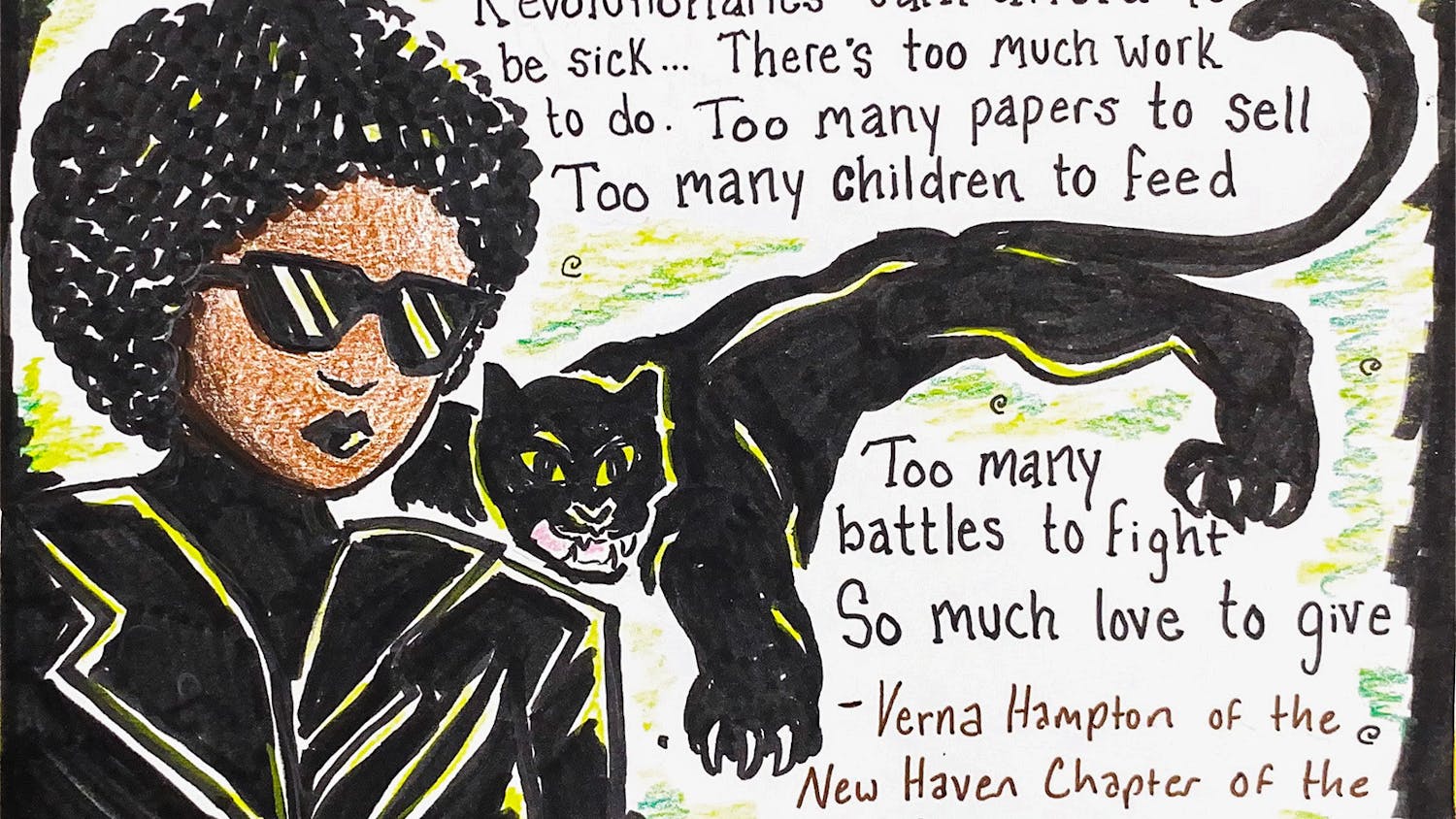Sen. Martin Heinrich, D-N.M., is fighting for animal rights with his co-sponsorship of the Chimp Sanctuary Act, a bill that would prohibit Air Force bases in the United States from housing chimpanzees that are no longer needed for government research. The bill was introduced on Feb. 9 by primary sponsors John Kennedy, R-La., and Tammy Duckworth, D-Ill., and co-sponsors Heinrich and Bill Cassidy, R-La.
The bill would restrict the housing of chimpanzees at any Air Force base in the United States, including the 34 chimpanzees currently housed at the Alamogordo Primate Facility, according to a Feb. 9 press release from Animal Protection New Mexico, a nonprofit organization devoted to preventing animal cruelty, abuse and neglect.
“We have a moral responsibility to prevent senseless animal cruelty and provide the 34 chimpanzees who remain at Holloman and the numerous other primates housed in similar facilities across the country with a humane living environment and the best possible care for the remainder of their lives,” a press release from Heinrich’s office from Feb. 9 read.
In the early 1950s, 65 wild infant chimpanzees were brought to Holloman Air Force Base with the intent of using the chimps to create a colony to research space programs, according to Project R&R, a group that advocates for the release of all chimps currently housed in U.S. laboratories.
“Air Force personnel used straight jackets, neck rings and four-limb restraint on the young chimpanzees to force them to comply with increasing periods in the coffin-like capsules and used painful electric shocks to train them to operate the control panels,” the website reads.
The chimps are no longer owned by Holloman as the National Institutes of Health took ownership of the chimps housed at Holloman in 2001, according to the Chimpanzee Sanctuary Fund website. The number of chimps had grown from 65 to 288 due to breeding.
In 2015, the NIH announced they would no longer use chimpanzees for medical research and that the remaining chimps at Holloman would be moved to sanctuary, according to an APNM press release from Feb. 9.
This move would have been in accordance with the Chimpanzee Health Improvement, Maintenance and Protection Act, which dictates that all chimpanzees not being actively used in research be housed at a sanctuary.
“That didn’t happen. Some of the chimps did go to sanctuary, but we have these almost three dozen (chimps) that are still on the Air Force Base in a laboratory,” Noelle Callahan, chief program and policy officer for APNM, said.
In 2019, following a letter sent to the NIH from Sens. Tom Udall, D-N.M., Cassidy and Heinrich, the NIH issued a statement citing health concerns as being the main reason for not moving the Alamogordo chimpanzees, many of whom are geriatric and suffering from chronic health conditions.
The NIH went as far as to say that “NIH expects that these 44 chimpanzees will live out the remainder of their lives at APF to ensure their safety and welfare.” The number of chimpanzees shrunk to 44 due to transportations out of APF as well as some deaths with age.
Callahan elaborated on how the fight to release the chimpanzees at Holloman Air Force Base has come after a series of different events involving the chimpanzees.
Get content from The Daily Lobo delivered to your inbox
“There’s a lot of animal welfare violations, multiple federal agencies that essentially weren’t doing their job and really weren’t providing oversight of the facility and then that grew on from there,” Callahan said.
Callahan emphasized the importance of moving the chimps out of a laboratory environment and how a sanctuary is a better environment for housing the chimpanzees.
“Everything they do is around making them healthy, happy whereas a laboratory is (a) very different kind of mindset so that’s not really their priority,” Callahan said. “Not to mention the actual environment itself can’t meet their needs.”
Home to more than 330 chimpanzees in Louisiana, Chimp Haven was established to provide long term care to chimpanzees with a specific focus on chimps previously used for medical research, according to the Chimp Haven website, and would be where the Holloman chimps are relocated to.
“There’s a law that requires that they go to a sanctuary and it’s our moral obligation, really, to send these chimpanzees to sanctuary,” Callahan said, referring to the Chimpanzee Health Improvement, Maintenance and Protection Act. “At sanctuary, it’s a very different experience, and it’s really kind of the least that they deserve after everything that they’ve been through.”
The bill is currently in the Health, Education, Labor and Pensions committee and must be passed through there before it can be heard on the full Senate floor.
John Scott is the managing editor at the Daily Lobo. He can be contacted at managingeditor@dailylobo.com or on Twitter @JScott050901






